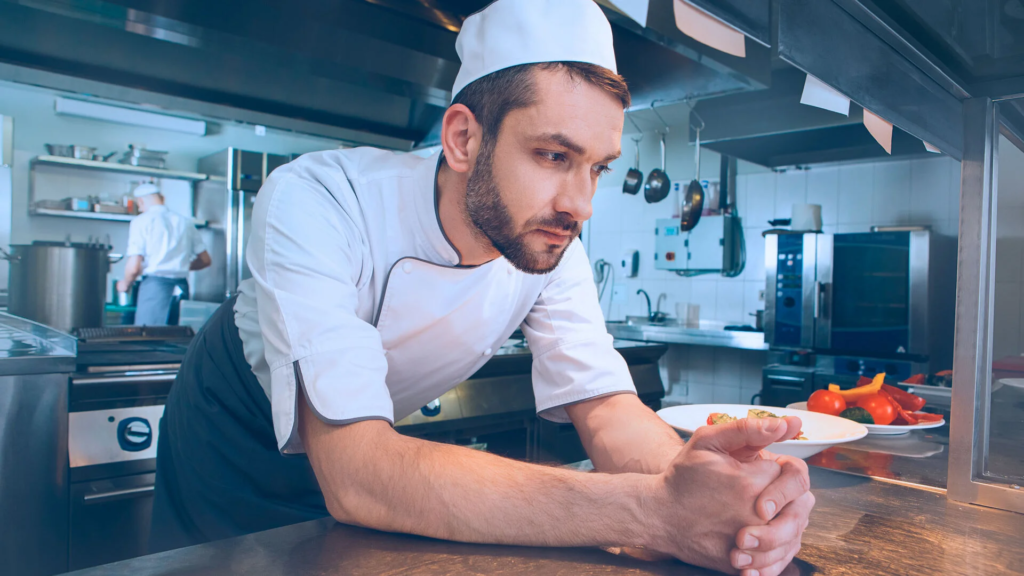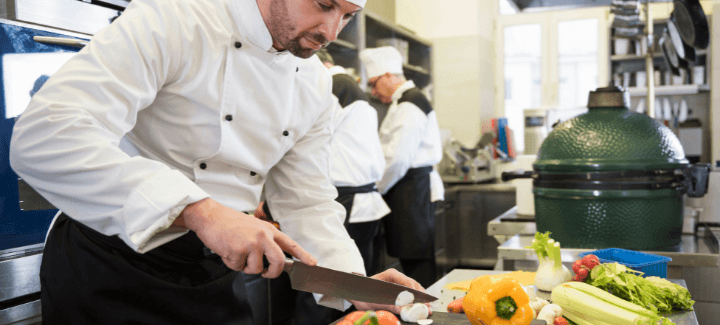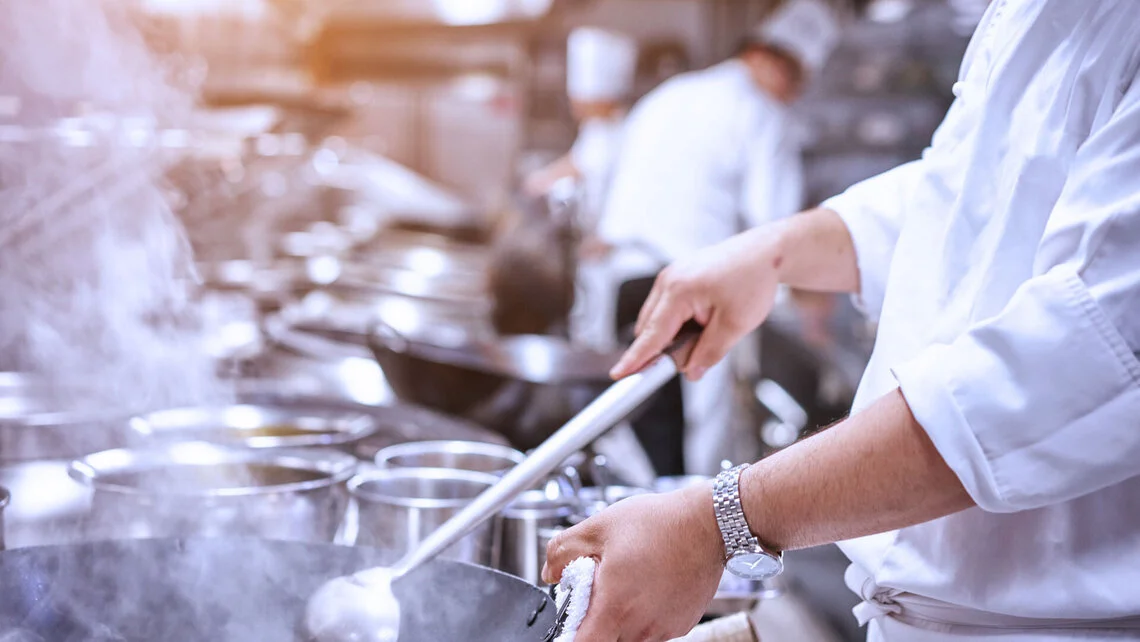The worst food safety mistakes restaurants make in Kuwait can have serious consequences for customer health, brand reputation, and legal compliance. In a country known for its diverse cuisine and growing food industry, food safety must remain a top priority for all restaurant owners and staff. However, many establishments, from small cafes to luxury dining spots, continue to ignore basic hygiene practices.
This article outlines the most common food safety violations committed in restaurants across Kuwait and explains why these mistakes are dangerous. Whether you’re a food business owner, employee, or a concerned customer, it’s important to recognize and avoid these mistakes.

1. Poor Hand Hygiene by Staff
The most basic rule of food safety is proper handwashing. Yet, many restaurant workers in Kuwait either skip this step or do it improperly. Staff handling raw meat, cleaning agents, or dirty dishes and then touching food without washing their hands is a common mistake. This practice spreads bacteria like E. coli and Salmonella, increasing the risk of food poisoning for customers.
2. Improper Food Storage Temperatures
Another worst food safety mistake restaurants make in Kuwait is storing food at incorrect temperatures. Perishable items such as dairy, seafood, and meat must be stored below 5°C, while hot foods must be kept above 60°C. However, many kitchens use faulty refrigerators or leave cooked food at room temperature for too long. This can lead to rapid bacterial growth and serious foodborne illnesses.
3. Cross-Contamination in Kitchens
Cross-contamination is a silent threat in many Kuwaiti restaurants. It happens when raw food, especially meat and poultry, comes into contact with ready-to-eat foods. Using the same cutting boards, knives, or gloves without cleaning is one of the most dangerous food safety blunders. It is essential to separate raw and cooked items, especially in busy kitchens.
4. Inadequate Cleaning of Utensils and Surfaces
Clean utensils, cooking surfaces, and storage areas are critical for food safety. Unfortunately, many restaurants fail to sanitize their kitchens regularly. Greasy countertops, unclean sinks, and leftover food particles on equipment can become breeding grounds for harmful bacteria. Not following a proper cleaning schedule is one of the worst food safety mistakes restaurants make in Kuwait.
5. Serving Expired or Spoiled Ingredients
Some restaurants in Kuwait, especially budget eateries, may use expired ingredients to cut costs. Using spoiled vegetables, outdated sauces, or expired meat products puts customers at risk of severe health issues. Apart from the legal consequences, this unethical practice damages customer trust and the restaurant’s brand.
6. Ignoring Staff Health Conditions
Employees suffering from illnesses such as cold, flu, or infections should not be handling food. However, due to a lack of strict policies, some restaurants in Kuwait allow sick staff to continue working. This not only spreads viruses but also creates an unsafe environment for both other staff and customers. Food safety starts with personal health management.
7. Lack of Food Safety Training and SOPs
Perhaps the most overlooked mistake is not training staff on food safety protocols. When employees are not trained, they are more likely to make basic hygiene errors. The absence of clear standard operating procedures (SOPs) leads to inconsistency in food handling, cleaning, and service. Proper training reduces the chances of the worst food safety mistakes restaurants make in Kuwait.
Why These Mistakes Matter
Each of the food safety violations mentioned above can result in foodborne illnesses, which are not just unpleasant but potentially life-threatening. In Kuwait, where international tourists and locals frequently dine out, food safety breaches can lead to hospitalizations, loss of revenue, and even shutdowns by government health departments.
The Public Authority for Food and Nutrition (PAFN) in Kuwait regularly inspects restaurants and has closed several establishments for hygiene violations. Fines, temporary suspensions, and permanent license cancellations are possible outcomes of these mistakes.
What Restaurant Owners Should Do

To avoid the worst food safety mistakes restaurants make in Kuwait, owners and managers must take proactive steps:
- Invest in Staff Training: Make food safety training mandatory for all staff members.
- Implement SOPs: Develop clear hygiene and cleaning procedures.
- Use Food Thermometers: Regularly monitor and record food storage temperatures.
- Schedule Regular Inspections: Internal audits and third-party checks help maintain hygiene standards.
- Maintain Cleanliness: Ensure that kitchens, utensils, and dining areas are sanitized daily.
What Customers Should Watch For
Customers can also play a role in ensuring food safety by observing the following:
- Is the staff wearing gloves or hairnets?
- Are utensils clean and properly stored?
- Is the restaurant visibly clean?
- Do they provide freshly cooked food?
If you notice any hygiene issues or feel unwell after dining, it’s advisable to report the restaurant to Kuwait’s food safety authorities.
Final Thoughts
The worst food safety mistakes restaurants make in Kuwait can be avoided with the right knowledge, discipline, and practices. Food safety is not optional—it’s a legal and ethical responsibility. With better awareness and consistent action, Kuwait’s restaurant industry can thrive without compromising public health.
Restaurant owners must lead the change by prioritizing training, equipment, hygiene, and transparency. Customers, too, should remain alert and demand higher standards. After all, safe food is everyone’s right.
Also Read – Smart Food Delivery Trends Taking Over Kuwait in 2025



